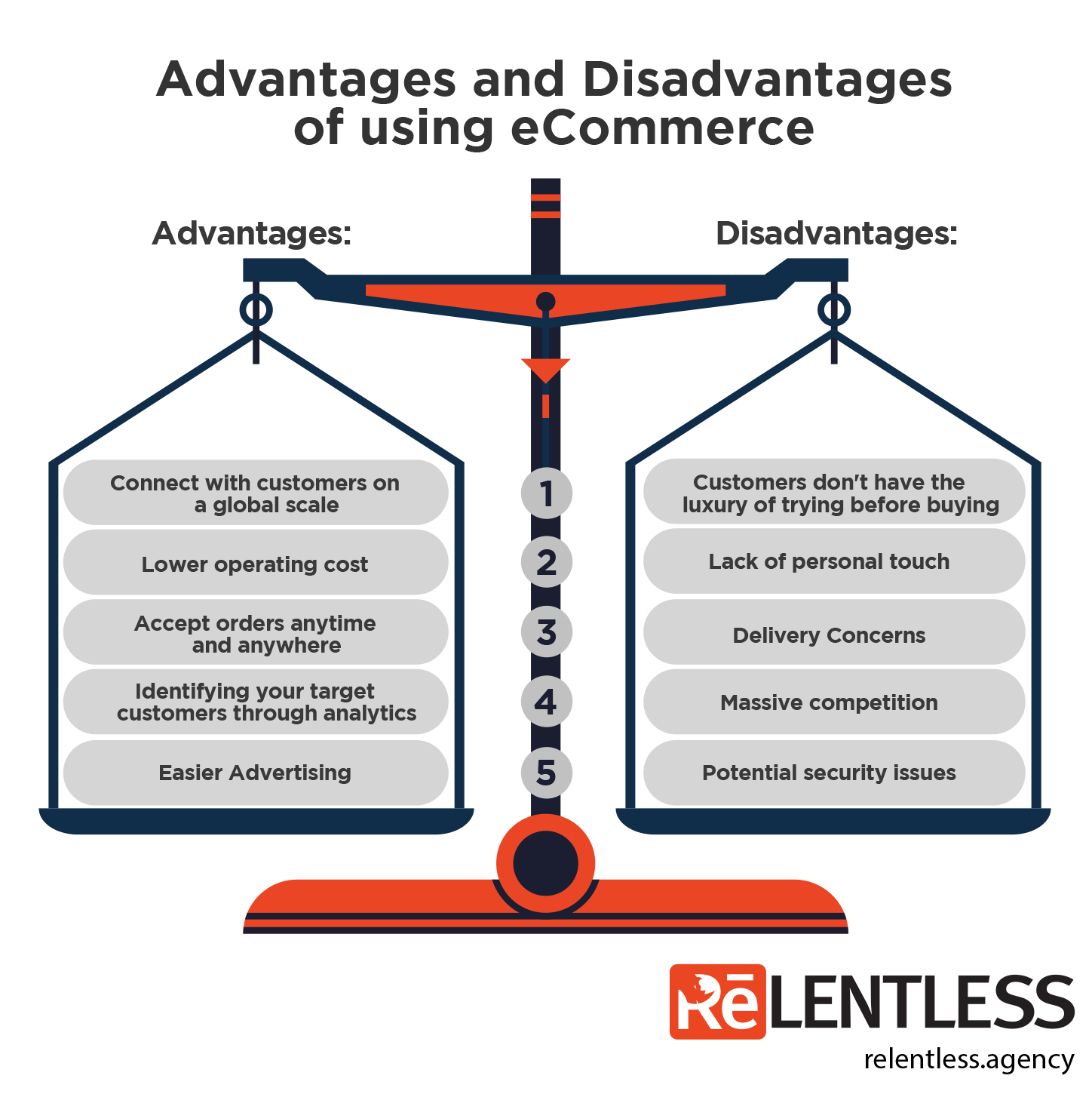Whether established or startups, business owners need to think of ways to expand their reach and take advantage of all the tools available in their respective industries. Manufacturing companies would invest in machines; employment companies would use software for hiring; business development companies would use CRM, etc. The primary purpose of trying innovative solutions is to enhance scalability and increase profits. When it comes to sales, the ability to sell online through eCommerce has made many companies profitable.

A Brief History of eCommerce
The origin of eCommerce goes way back 1979, when an English inventor named Michael Aldrich introduced what would later become eCommerce by connecting television and telephone then called it “teleshopping” which was created due to the inconvenience of going to the market. He made it possible for people to simply order what they needed through the TV.
Between 1982 to 1995, which were the formative years of the internet, advancements began to increase its commercial use. With the rise of large retail companies came an opportunity to create a more traditional eCommerce encompassing marketing, selling, delivering orders, and servicing customers over the internet.

Advantages of eCommerce
E-commerce remains a relatively new and constantly evolving branch of information technology. Some brick-and-mortar shops are adapting to this technology, mainly due to the recent events during the pandemic. Understanding the advantages of eCommerce can help people decide whether it is a good idea to apply this technology to their business.
Larger Market Reach
Local stores cater to those within the vicinity, while eCommerce caters to the world. Due to being hosted on the internet, an eCommerce store can reach people across the globe. Whether you are only servicing a specific state, a region, a country, or even the world, you can do so with the power of eCommerce. Business owners use this technology to reach people from the comfort of their homes, and customers can easily purchase a product or service from anywhere.
Affordable to Establish
Compared to the traditional brick-and-mortar stores, where you may need to invest in personnel and real estate. Businesses can use eCommerce as its advancements have made it easy and affordable to set up and run. Many companies made a fortune by using and improving their eCommerce sales approach, which eventually became multi-billion-dollar brands.
Enhanced Buying Process with 24/7 Sales
Having eCommerce practically means your business never sleeps. You have to remember that customers can access your website from different time zones, and you can accept orders at any time of the day.
Thankfully, there are a lot of advancements in terms of automation, such as chatbots and intuitive forms, which help customers reach out to business owners for customer service. People in a rush or simply have no time to visit a store can purchase their needs through a computer or a mobile device which is highly efficient.
Customer Analytics
Businesses can leverage customer data with the use of analytics tools. They can now learn which products or services are sought after by their customers even without them purchasing. Sharing customer reviews are beneficial to both customer and business owners to maintain a good and transparent relationship. These reviews are also used as a benchmark for customers to continue with their purchases.
Easier Advertising
Businesses no longer need to spend considerable money on TV ads or Billboards. Instead, they use several affordable and quick ways to market their products online. Videos, review articles, infographics, and good-quality images are a few ways to advertise. Businesses can also use social media to spread awareness about their products.

Disadvantages of eCommerce
Any business can concur that the experience is not always rainbows and sunshine. There are unique challenges to the eCommerce business model. Learning about these challenges can help business owners navigate and be prepared for common pitfalls.
Can’t Buy Try Before you Buy
No matter how good a video or how high quality the image is, the lack of tactile experience will always be a concern of customers. People would usually like to try before they buy. However, if there is no option to test the product, the only benchmark the client can use as a deciding factor is the reviews of previous clients. Businesses should ensure that the quality of their products or services is optimized for the customer reviews to lean towards a positive note.
Lack of Store Engagement
For most people, shopping is a social activity where they bond with friends and family. Some people would prefer to interact with sales associates face-to-face. The personal touch of sales associates is essential for businesses that sell high-end products as they will want to buy and have an excellent experience during the process.
Shipping Delivery Concerns
One of the most prominent issues when buying through eCommerce is the delivery of a product. This disadvantage is experienced by companies selling physical products like apparel, gadgets, appliances, and the like. Companies can solve logistic problems by either enhancing their delivery model or partnering with a trusted and reputable logistics company. On the other hand, companies that offer services and digital products might not have this concern.
Massive Competition
As eCommerce can sell to a global market, one should understand that they are also competing globally. Having your product online makes it easier for customers to compare prices and for competitors to price dive on their products. Businesses should be creative in their marketing tactics and invest in quality customer service.
Credit Card Fraud
Any online business can attest that credit card fraud is a natural and growing problem. It can lead to many chargebacks and potential loss of revenue or reputation. A person or department focusing on payments and credit card fraud can lessen the risk; however, it cannot entirely eradicate the problem.
Bottom Line
Whatever type of business model you have, whether business to business or business to consumer, eCommerce can be a tool for your company to grow in terms of sales. But like any other tool, you must first learn how to use them and understand its pros and cons. Remember that a mindset of consistently trying to minimize the risk, increase profitability, and of course, enhance customer satisfaction would be an excellent start for your business to thrive.
